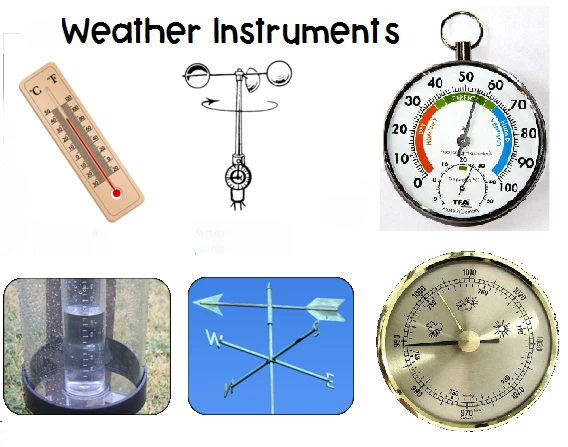
# Weather Gauges and Instruments for Accurate Meteorological Measurements
Weather Gauges and Instruments for Accurate Meteorological Measurements
Weather gauges and instruments play a crucial role in meteorology, helping scientists and weather enthusiasts collect accurate data about atmospheric conditions. These tools measure various parameters that define our weather patterns, from temperature and humidity to wind speed and precipitation.
Essential Weather Measurement Instruments
Modern meteorology relies on a variety of specialized instruments to monitor weather conditions. Each device serves a specific purpose in gathering meteorological data.
Thermometers
The most fundamental weather instrument is the thermometer, which measures air temperature. Modern digital thermometers provide precise readings, while traditional mercury or alcohol thermometers remain reliable options.
Barometers
Barometers measure atmospheric pressure, a key indicator of weather changes. Mercury barometers and aneroid barometers are commonly used to predict short-term weather patterns.
Hygrometers
These instruments measure humidity levels in the air. Psychrometers (wet-and-dry bulb thermometers) and electronic hygrometers help determine the amount of water vapor present in the atmosphere.
Advanced Weather Monitoring Equipment
Beyond basic measurements, sophisticated instruments provide detailed meteorological data for forecasting and research.
Anemometers
Anemometers measure wind speed and direction. Cup anemometers, vane anemometers, and sonic anemometers each have specific applications in weather monitoring.
Rain Gauges
These instruments measure precipitation amounts. Standard rain gauges, tipping bucket gauges, and weighing precipitation gauges help track rainfall patterns over time.
Weather Stations
Modern automated weather stations combine multiple instruments into integrated systems that continuously record and transmit weather data. These stations often include sensors for temperature, humidity, pressure, wind, and precipitation.
Specialized Meteorological Instruments
Some weather measurements require highly specialized equipment for accurate data collection.
Ceilometers
These devices measure cloud height and vertical visibility using laser or light detection technology.
Disdrometers
Disdrometers measure the drop size distribution and velocity of falling precipitation, providing detailed information about rain characteristics.
Pyranometers
These instruments measure solar radiation flux density, important for understanding energy balance in the atmosphere.
Choosing the Right Weather Instruments
When selecting weather gauges and instruments, consider:
- Measurement accuracy requirements
- Environmental conditions
- Data recording needs
- Maintenance requirements
- Budget constraints
Proper installation and regular calibration are essential for maintaining instrument accuracy over time. Whether for professional meteorological stations or personal weather monitoring, quality instruments provide the foundation for reliable weather data collection and analysis.
Keyword: weather gauges instruments